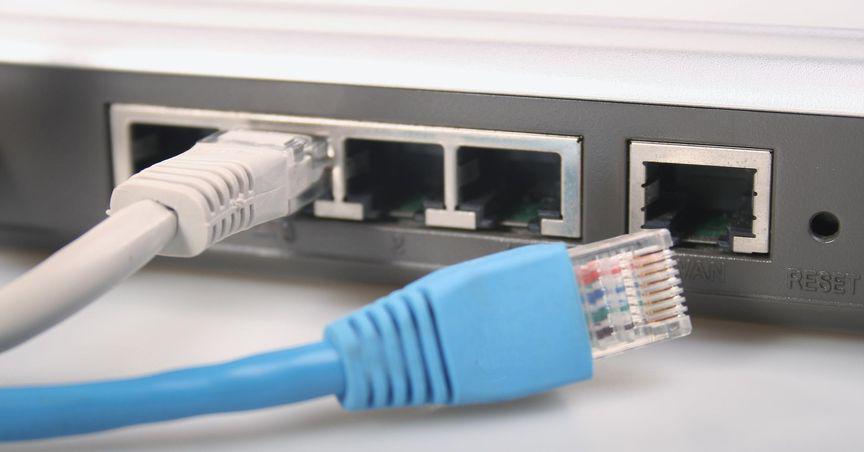Highlights:
- Calls for cheaper broadband plans have been growing amid the cost-of-living crisis.
- Broadband providers are also expected to raise their prices in 2023, by as much as 14%.
Brits are struggling with the cost-living crisis and the situation is projected to stay this way for quite some time. Among other things, staying connected has become a problem for many people, especially those in the low-income group. Many are struggling to afford their phone and broadband bills in the current inflationary scenario.
To help such customers, many broadband providers have launched cheaper plans or social tariffs. These social tariffs are available for people receiving benefits like universal credit and others. However, they are not publicised well, therefore many customers are not aware of them. According to reports, only about 120,000 out of over 4 million eligible people are availing of these plans.

Image source: © Zakidrus | Megapixl.com
Broadband providers are also expected to raise their prices in 2023, by as much as 14%.
Providers have been urged to support such customers by launching more cheaper tariffs as these deals will help more people stay connected. The country's telecom regulator Ofcom has also called on service providers to offer such deals, which can save up to £200 a year for average UK households.
Moreover, since August this year, the Department for Work and Pensions has introduced a new system which can help providers confirm who can avail of social tariffs and customers do not need to prove their eligibility every month.
Let's take a look at some London-listed telecom stocks and see how they are performing in the current situation.
Vodafone Group Plc (LON: VOD)
The British multinational telecom services provider has just introduced a low-cost broadband deal for customers availing benefits like universal credit, pension credit or personal independence payment (Pip). At £12 a month, it is now the cheapest broadband offer in the market. The FTSE 100 constituent has a market cap of £27,517.24 million, and an EPS of 0.07. The stock value has depreciated more than 7% over the past 52 weeks. Its last close was at GBX 99.81 on 28 October.
BT Group Plc (LON: BT.A)
BT Group is a leading telecom firm in the UK. It belongs to the FTSE 100 index and holds a market cap of £12,576.18 million, as well as, an EPS of 0.13. Over the past 52 weeks, its shares have slipped by nearly 9%, while the year-to-date (YTD) return stands at -25.30%. Its last close was at GBX 126.65 on 28 October.
Bigblu Broadband PLC (LON: BBB)
The broadband services provider uses alternate technologies like satellites to offer connectivity to regions that are not covered by the fibre footprint. The FTSE Aim All-Share constituent enjoys a market cap of £23.37 million and an EPS of 0.47. Over the past 52 weeks, its share value has fallen by more than 52%. BBB’s last close was at GBX 40.00 on 28 October.
Note: The above content constitutes a very preliminary observation or view based on market trends and is of limited scope without any in-depth fundamental valuation or technical analysis. Any interest in stocks or sectors should be thoroughly evaluated taking into consideration the associated risks.





